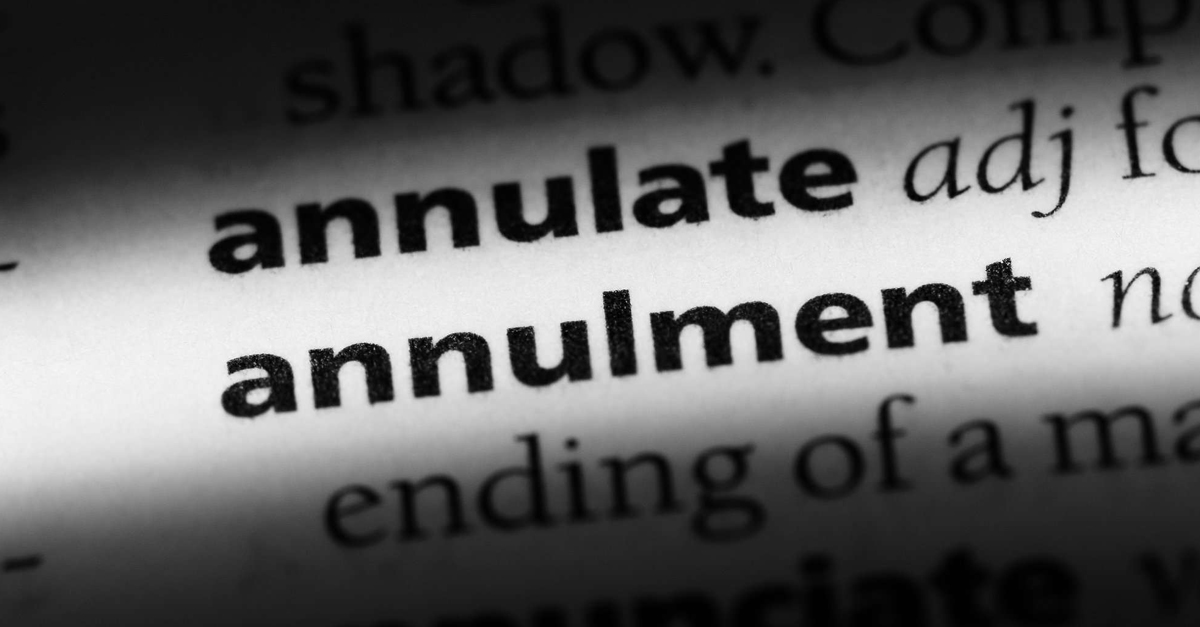Unlike a divorce, an annulment results in the marriage being treated as not having existed. As a result, some of the subsequent effects of an annulment differ from that of a divorce. This may be particularly so with regards to status of children, maintenance payments and property.
Status of children
The primary issue concerns the children’s legitimate status. If a child is legally illegitimate, it could potentially affect their rights in intestate succession. Moreover, this may affect a biological parent’s ability to apply for housing under the HDB Public Scheme.
If the marriage never existed, then does it mean that any children under the couple were children of an unmarried couple and hence are illegitimate children? Fortunately, this may only be the case in limited circumstances.
In voidable marriages (where the marriage is recognized by law, but the parties have a right to make the marriage null), children from this marriage are always considered legitimate. Legally, voidable marriages are said to have been existing up to the date when the courts decree that the marriage null.
Hence, children born under voidable marriages are still said to be children of the marriage since the marriage still existed at the point of their birth. Children born after the marriage has been dissolved by the courts would then be illegitimate.
In void marriages however, the children born under the marriage are considered legitimate so long as both or either parents reasonably believed that, at the point of marriage, their union was valid under Singapore law. Hence, if one party didn’t know that he was marrying someone under the age of 18, the child born to these parents is legitimate. If both parties reasonably knew, however, that marriage would be void under Singapore law as one of the parties was underage, any children born under the marriage would be illegitimate.
Maintenance
Regardless of the legitimacy of the child, a parent is still bound to pay for the maintenance of the child. An important consideration is whether the child is a biological child of that parent.
Courts uphold the best interests of the child above other considerations; hence parents cannot avoid maintenance even if they do not have custody, or if they choose to disown the child.
Property
In essence, once a marriage has been declared null, ancillary proceedings similar to that in divorce still take place. The courts will consider the same factors in dividing matrimonial assets after an annulment. The only difference, however, concerns HDB flats. In a divorce, parties may decide either to sell the property in open market, or for one party to “buy over” the other parties’ share, or for the said property to be surrendered to HDB. However, in annulment, parties usually have to surrender the flat to HDB. This happens for a few reasons.
First, annulment generally occurs in the first few months / one year of the marriage. This would mean that the minimum occupancy period of the flat would not have been met and the property cannot be sold.
Second, even if one party decides that he/she wants to retain the flat, he/she must ensure that he/she satisfies the eligibility requirement. It is also important to note that any grants offered by HDB in relation to the purchase of the said property may be revoked as a result of the annulment.
It is best that you approach your HDB branch manager to clarify your situation if you need assistance in this area.
Your annulment
Annulment is a complex process with very serious consequences. An experienced divorce lawyer would be able to help to understand the relevant issues and help you decide whether an annulment would be the right solution for you.












